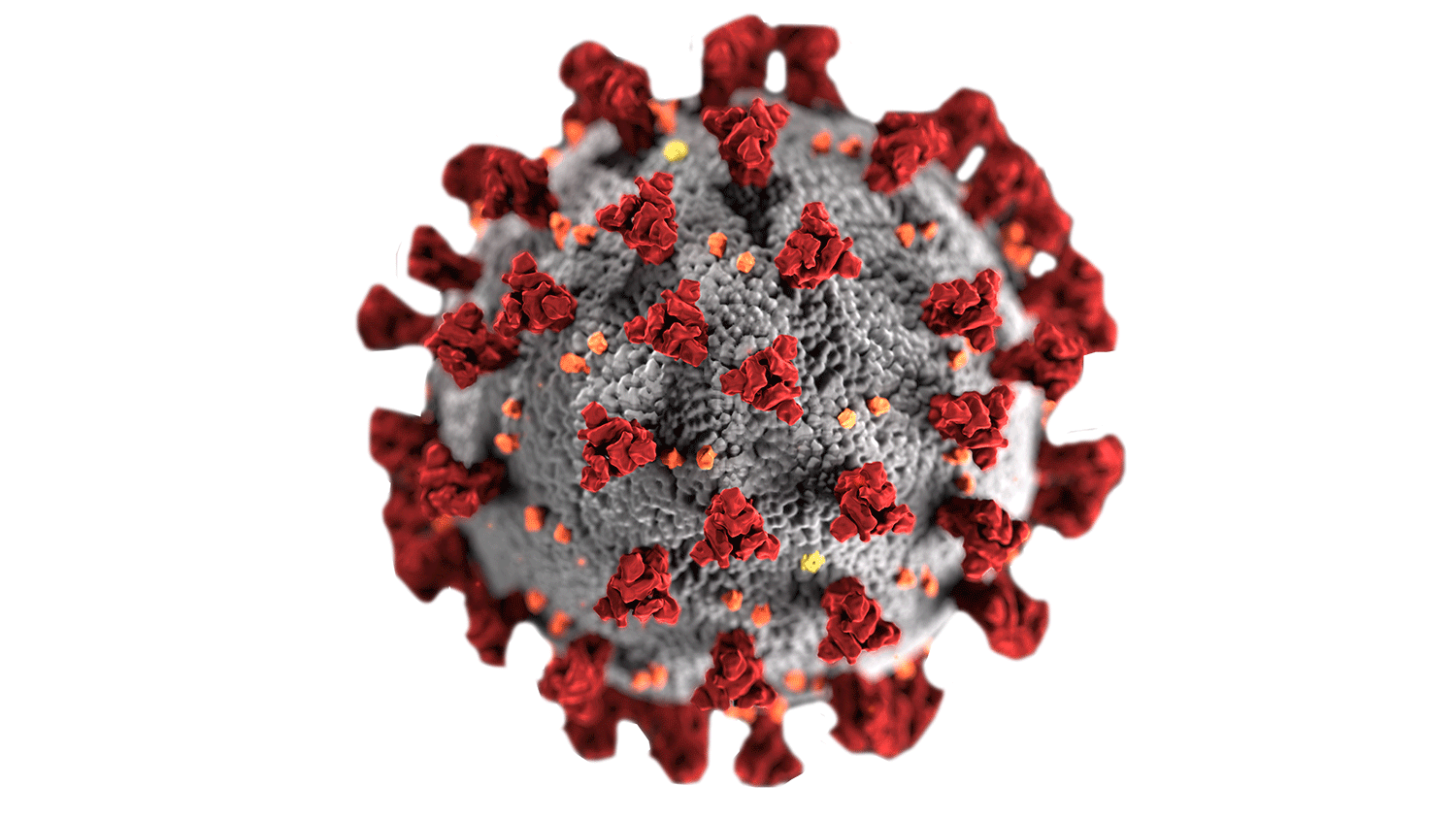LRA Summarizes ACR Guidelines On COVID-19 Vaccines

LRA Summarizes ACR Guidelines On COVID-19 Vaccines
September 22, 2021
- Should people with lupus be vaccinated against COVID-19?
- Should people with lupus take the third dose of the Pfizer/Biogen or Moderna mRNA COVID-19 vaccine?
- Do people with lupus qualify as immunocompromised?
- How can people with lupus protect themselves from COVID-19?
Many of you have had these questions and more since the U.S. Centers for Disease Control and Prevention approved a third dose of the Pfizer/Biogen or Moderna COVID-19 mRNA vaccines for certain immunocompromised people. The best answers we have seen are outlined in guidelines for healthcare providers issued by the American College of Rheumatology (ACR), the preeminent organization of rheumatologists, the specialists most commonly involved in treating lupus and other rheumatic diseases. For your reference, we have summarized the main points covered by the ACR guidelines:
- A third dose of Pfizer-BioNTech COVID-19 vaccine (age 12 years and older) or Moderna mRNA COVID-19 vaccine (age 18 years and older) is recommended at least 28 days after the second dose of an mRNA vaccine for patients on immunosuppressive or immunomodulatory therapy, except for hydroxychloroquine. Sticking to the same one you took for the first and second doses is recommended if possible.
- Patients should consult with their rheumatologists about holding certain immunomodulatory or immunosuppressive medications for one to two weeks after booster vaccination if disease activity allows.
- Patients on rituximab or other anti-CD20 medications should discuss the best timing with their healthcare provider before receiving a third dose.As ACR explains: ”Some practitioners measure CD19 B cells as a tool with which to time the booster and subsequent rituximab dosing. For those who elect to dose without such information, or for whom such measurement is not available or feasible, the recommendation is to provide the third dose two to four weeks before the next anticipated rituximab dose (e.g., at month 5.0 or 5.5 for patients who receive rituximab every six months).”
- For rheumatology patients who have not yet been vaccinated at all, the ACR task force recommends receiving either of the two mRNA vaccines over the single-dose Johnson & Johnson (J&J) vaccine.
As the ACR explains “the preference for the mRNA vaccines was is partially driven by the fact that a supplemental dose is now authorized for the mRNA vaccines. This issue may be revisited if a supplemental dose strategy becomes authorized and recommended for patients who received the single dose vaccine.” - High-risk rheumatology patients who have been exposed to an individual with COVID-19 should ask their healthcare provider if taking a monoclonal antibody treatment would be beneficial as a precautionary measure in addition to vaccination.
- Rheumatology patients should continue to follow all public health guidelines regarding physical distancing and other preventive measures following vaccination.
To learn more, please refer to the full guidelines posted on the ACR website.
Please note that this article is for informational purposes only and does not substitute for medical advice. It is essential to talk with your healthcare provider about the best way to protect yourself from COVID-19.



